- Tuesday
- Wednesday
- Thursday
-
-
-
-
-
-
-
-
-
-
-
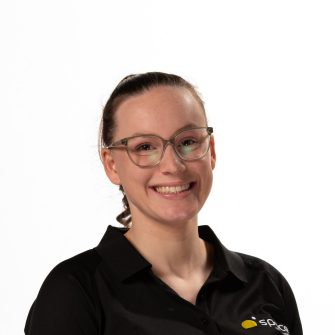 Lily FlanneryModerator - PhD Candidate, UNSW Canberra SpaceDialog
Lily FlanneryModerator - PhD Candidate, UNSW Canberra SpaceDialog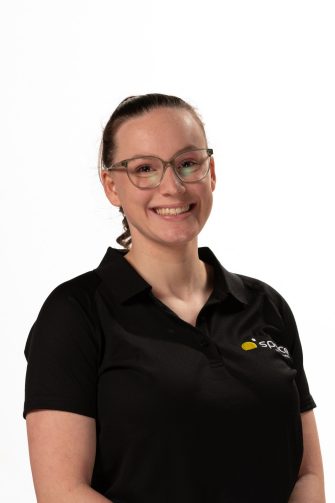

Lily Flannery
Moderator - PhD CandidateUNSW Canberra SpaceLily Flannery is a PhD student at UNSW Canberra Space, where she researches satellite re-entry prediction methods. Her work focuses on reducing the uncertainty in re-entry modelling tools, with the aim of providing practical, real-world solutions that improve the safety and reliability of re-entry predictions. She holds a BEng(Aero) and an MPhil(Aero), both from UNSW, and is an ATSE Elevate Scholar.
Lily is also a passionate advocate for diversity in STEM, serving on the UNSW Canberra Equity, Diversity and Inclusion Committee and contributing to outreach and mentoring through the UNSW YoWIE Program, Cool Aeronautics, and initiatives supporting young women pursuing careers in science and engineering. She is committed to advancing technical excellence while fostering a more inclusive and inspiring future in the space sector.
-
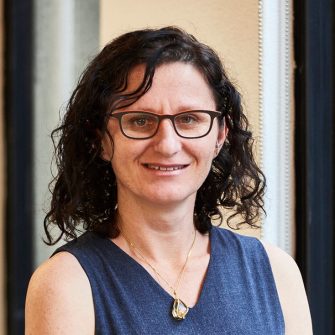 Dr Bianca CapraDeputy Program Lead Space Capability, Defence Science & Technology GroupDialog
Dr Bianca CapraDeputy Program Lead Space Capability, Defence Science & Technology GroupDialog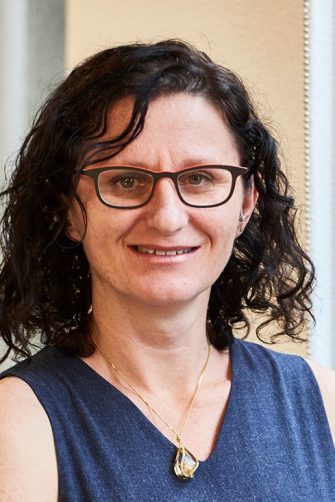

Dr Bianca Capra
Deputy Program Lead Space CapabilityDefence Science & Technology GroupDr Bianca Capra is an aerospace engineer leading critical Australian science and technology research projects as the Deputy Program Lead Space Capability at the Defence Science and Technology Group. Bianca is an advocate and strong proponent of increasing broad participation in her technical fields and spheres of influence. She has used the skills developed through her technical background in aerospace engineering (PhD, UQ 2006) across a broad range of science and engineering fields in academia, government and industry. Using skills from her research and technical career, Bianca now leads large multi-disciplinary science and technology projects across the broader innovation, science and technology ecosystem delivering to the Space Domain. Bianca also has a strong focus on STEM outreach and engagement; supporting diversity through a number of women in STEM ambassador roles including as an STA Superstar of STEM in 2019, and more recently as the Senior Defence STEM ambassador.
-
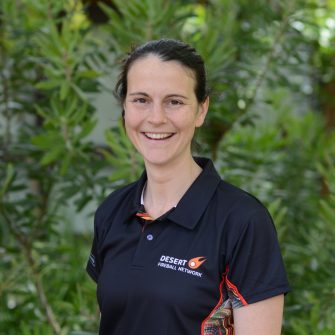 Dr Eleanor SansomDesert Fireball Network & Global Observatory Manager, Curtin UniversityDialog
Dr Eleanor SansomDesert Fireball Network & Global Observatory Manager, Curtin UniversityDialog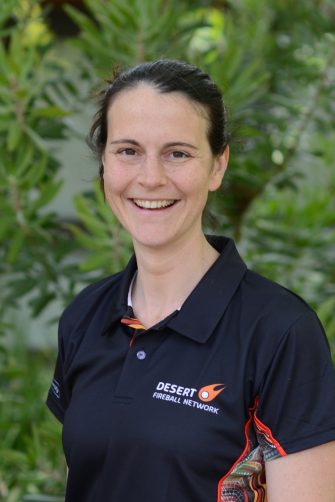

Dr Eleanor Sansom
Desert Fireball Network & Global Observatory ManagerCurtin UniversityDr. Ellie Sansom is the project manager for Australia's Desert Fireball Network and the Global Fireball Observatory, based at Curtin University. She completed her PhD in 2017, studying space rocks coming through the atmosphere as fireballs. Ellie is currently investigating where this larger extra-terrestrial material is coming from for impact hazard mitigation, and models where meteorites might have fallen on the ground. She is a mission scientist on NASA's InSight mission, listening for impacts on the surface of Mars, and was part of the science observation campaign of the atmospheric re-entry of the Hayabusa-2 capsule.
-
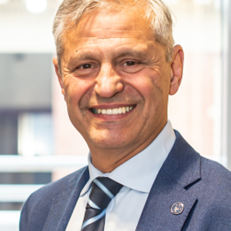 Professor Andy KoroniosCEO & Managing Director, SmartSat CRCDialog
Professor Andy KoroniosCEO & Managing Director, SmartSat CRCDialog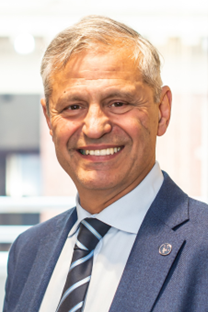

Professor Andy Koronios
CEO & Managing DirectorSmartSat CRCProfessor Andy Koronios is the CEO and Managing Director of the SmartSat CRC. He is also an Emeritus Professor at the University of South Australia.
Andy has previously held the positions of Dean: Industry & Enterprise at the University of South Australia and Head of the School of Information Technology & Mathematical Sciences at the University of South Australia.
Andy is a Professor of information systems and holds academic qualifications in Electrical Engineering, Computing and education as well as a PhD from the University of Queensland.
He has extensive experience in both commercial and academic environments and his research areas include data quality, information management & governance, data analytics and the strategic exploitation of information.
Andy has led the establishment of a number of research concentrations, labs and research centres. He served as the Research Program Leader for System Integration & Interoperability in the CIEAM CRC. He is internationally known for his work in data quality, he has been an adjudicator for the European Corporate Data Quality Awards for several years and Editor-in-Chief of the International Journal of Information Quality.
Andy has worked both as a consultant as well as a professional speaker on IT issues in Australia and South East Asia and has over thirty years’ experience in the academic environment. He is a Fellow of the Australian Computer Society, a Founding Fellow of the International Institute of Engineering Asset Management, a Distinguished Speaker of the ACM.
Moderated by Lily Flannery, UNSW Canberra Space
-
-
-
-
-
-
-
-
-
-
-
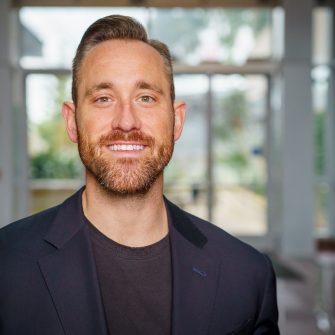 Asst. Prof. Aaron RosengrenAssistant Professor, University of California, San DiegoDialog
Asst. Prof. Aaron RosengrenAssistant Professor, University of California, San DiegoDialog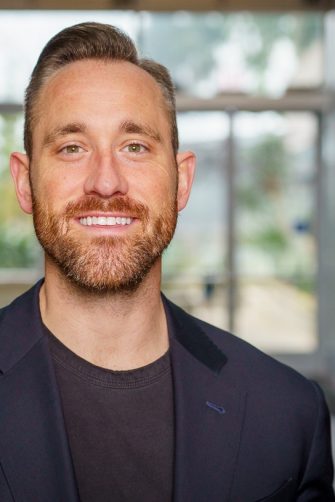

Asst. Prof. Aaron Rosengren
Assistant ProfessorUniversity of California, San DiegoAaron J. Rosengren is an Assistant Professor in the Jacobs School of Engineering and the Center for Astrophysics & Space Studies at the University of California San Diego. He previously served from 2017-2020 as an Assistant Professor in the College of Engineering and of the Interdisciplinary Graduate Program in Applied Mathematics at the University of Arizona. He completed his postdocs at the Aristotle University of Thessaloniki in Greece in the Department of Physics (2016-2017), as a member of the EU H2020 Project, REDSHIFT, and at the Institute of Applied Physics Nello Carrara of the Italian National Research Council (2014-2016), as a Marie Curie Fellow in the FP7 Stardust Network. He has held visiting researcher positions at UNSW Canberra in Australia, the Asher Space Research Institute at Technion in Israel, the University of Rome Tor Vergata in Italy, and the Belgrade Astronomical Observatory in Serbia. Dr. Rosengren is Fellow of the Outer Space Institute (OSI) for the sustainable development of space at the University of British Columbia and currently serves on the External Advisory Board of the Ann and H.J. Smead Department of Aerospace Engineering Sciences at the University of Colorado Boulder. He also chairs the Space Surveillance Committee of the American Astronautical Society (AAS).
-
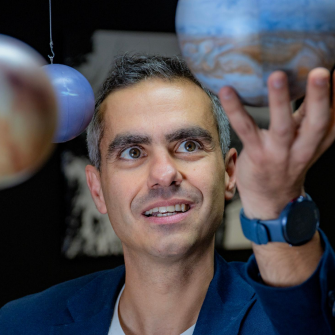 Dr Guifre Molera CalvésSpace Scientist & Head of Space Research, University of Tasmania (UTAS) & HENSOLDT AustraliaDialog
Dr Guifre Molera CalvésSpace Scientist & Head of Space Research, University of Tasmania (UTAS) & HENSOLDT AustraliaDialog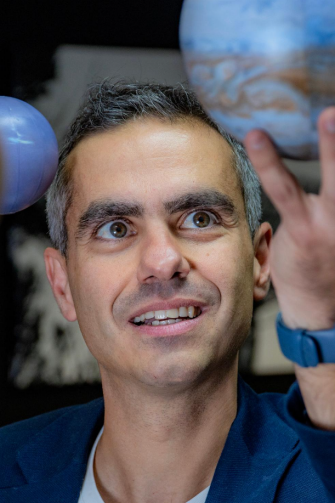

Dr Guifre Molera Calvés
Space Scientist & Head of Space ResearchUniversity of Tasmania (UTAS) & HENSOLDT AustraliaDr Guifre Molera Calvés contributes to space exploration through advanced radio infrastructure applications, supporting planetary missions, planetary defence, space weather monitoring, and space domain awareness. His work includes the detection and tracking of near-Earth natural and artificial objects and the analysis of solar radio emissions to assess their impact on satellite operations. Dr. Molera Calvés is a key member of ESA’s JUICE mission, where he contributes to the Planetary Radio Interferometry and Doppler Experiment (PRIDE), a pioneering effort in deep space navigation and spacecraft tracking. He also leads the UTAS development of sovereign surveillance systems integrating optical, radar, and RF technologies. Dr. Molera Calvés is a member of the scientific committee of the Australian Space Research Conference (ASRC).
-
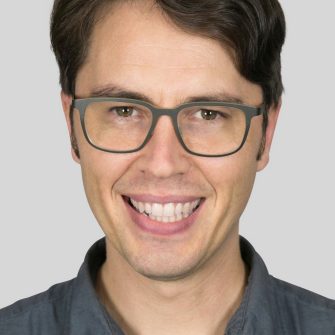 Dr Lee SpitlerAssociate Professor, Australian Astronomical Optics - Astrophysics and Space Technologies Research Centre - Advanced Drone Systems Research CentreDialog
Dr Lee SpitlerAssociate Professor, Australian Astronomical Optics - Astrophysics and Space Technologies Research Centre - Advanced Drone Systems Research CentreDialog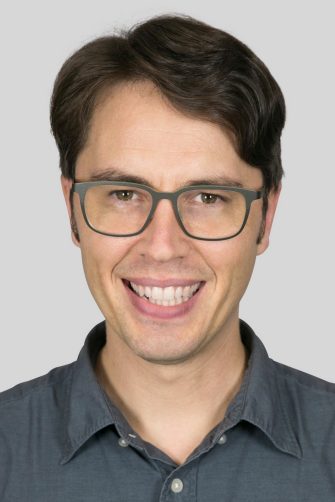

Dr Lee Spitler
Associate ProfessorAustralian Astronomical Optics - Astrophysics and Space Technologies Research Centre - Advanced Drone Systems Research CentreLee Spitler, PhD, is Head of Space Projects at the Australian Astronomical Optics (AAO), a market-facing business unit within Macquarie University in Sydney, Australia. Lee has been instrumental in transforming AAO's focus from ground-based astronomy to commercial space applications. He led the delivery of AAO's first space-bound optical payload to Gilmour Space Technologies. He also collaborated with HEO to achieve the world-first simultaneous observation of a satellite from ground and space. Additionally, Lee's team designed a critical component for Advanced Navigation's LUNA sensor, enhancing autonomous lunar landings. Lee is Principal Investigator of the Huntsman Telescope, which is being adapted to daytime tracking of satellites in Low Earth Orbit. Lee won the 2025 Australian Space Award for Scientist of the Year.
-
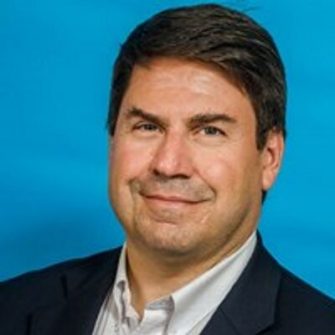 Dr Malcolm DavisSenior Analyst, Defence StrategyDialog
Dr Malcolm DavisSenior Analyst, Defence StrategyDialog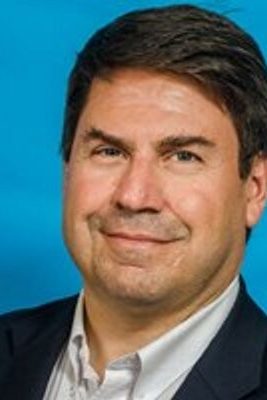

Dr Malcolm Davis
Senior AnalystDefence StrategyDr. Malcolm Davis is a Senior Analyst in Defence Strategy and Capability at ASPI, broadly focusing on current and future warfare, space policy and security, and defence policy. Malcolm is currently working on analysing issues related to Australian defence capability and future warfare, including air power and autonomous systems, space capability, and defence strategy.
Before joining ASPI in January 2016, Malcolm was a post-Doctoral Research Fellow on Chinese military modernisation at Bond University from 2012-2016. From October 2010 to March 2012, he worked with the Department of Defence in Strategic Policy Division (EL1) and from October 2007-October 2010, with Navy Headquarters (APS-6). From August 2000 to October 2007, he was a Lecturer in Defence Studies with Kings College London, at the Joint Services Command and Staff College in Shrivenham, United Kingdom.
Malcolm holds a Doctor of Philosophy (Ph.D.) in Politics (Strategic Studies) from the University of Hull, focusing on maritime and naval capability development in Asia. He holds two Master of Arts degrees, from the Australian National University and from Lancaster University, both on Strategic Studies. He holds a Bachelor of Arts in Politics from the Flinders University.
-
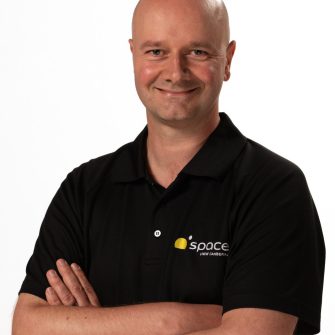 Associate Professor Melrose BrownDirector, UNSW Canberra SpaceDialog
Associate Professor Melrose BrownDirector, UNSW Canberra SpaceDialog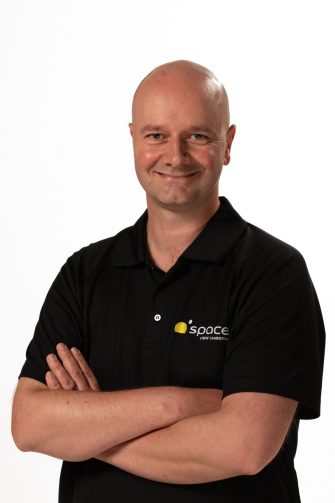

Associate Professor Melrose Brown
DirectorUNSW Canberra SpaceAssociate Professor Melrose Brown is the Director of UNSW Canberra Space at the University of New South Wales, where he has been a leading figure since the centre’s establishment in 2014.
With over a decade of experience in space engineering and research, Associate Professor Brown’s work addresses critical issues in space safety, security, and sustainability.
Associate Professor Brown’s research is broad and multidisciplinary, spanning astrodynamics, space environment modelling, proximity operations, and the application of artificial intelligence for satellite cyber resilience.
Since joining UNSW Canberra Space, he has driven the design, development, and execution of the space domain awareness mission goals for four satellite missions, including the innovative M2 mission.
Associate Professor Brown has also developed and led UNSW Canberra’s Space education programs since 2018.
-
-
-
-
-
-
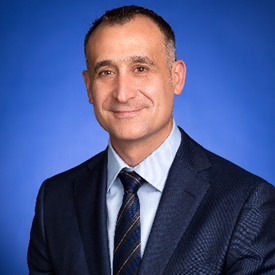 Duncan BlakeLecturer, UNSW CanberraDialog
Duncan BlakeLecturer, UNSW CanberraDialog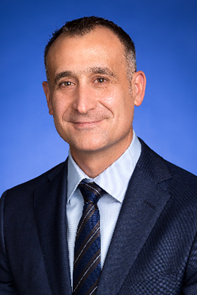

Duncan Blake
LecturerUNSW CanberraMr Blake conducts research and teaching at the interdisciplinary intersection of law with outer space and military policy and strategy.
Duncan transferred from the permanent Air Force to the Reserves in January 2017, after 22 years as a Legal Officer in the Royal Australian Air Force. He worked at the tactical, operational and strategic levels at home and on deployment overseas, especially in the Middle East. He served as the Deputy Director of Operations and International Law for the Australian Department of Defence, providing operations and international law advice and support at the highest levels within Defence and across government. More recently, Duncan was legal advisor to the Defence Space Coordinating Office and he initiated and chaired inter-departmental and international working groups in respect of strategic space law, including for the Combined Space Operations initiative. His last posting, before transferring out of the permanent Air Force, was in a non-legal position, managing the development of a future joint operating concept for military use of outer space, to coordinate capability development and force structure decisions in the Australian Defence Force.
Duncan has contributed extensively to doctrine and policy for the Australian Department of Defence and whole-of-government, on issues of operations law and space law.
Duncan is completing doctoral research at The University of Adelaide on a topic associated with the Woomera Manual project. In respect of military space activities, there are rules of international space law that appear incongruent with rules from laws about using force and coercion. Reconciling those incongruities using existing tools of international law is ambiguous. Nevertheless, meaningful resolution of these conflicts is possible. Duncan’s research examines how.
In 2024 he founded an annual series of three workshops to focus on evolution of the regulatory framework for Australian space activities. Every year the Workshops on the Regulation of Space Activities and Technologies (WRegSAT) will consider a select regulatory challenge and produce a Regulatory Options Paper. Duncan is Deputy Chair for WRegSAT in 2025.
Duncan is also undertaking research in a range of other space governance topics that are the subject of ongoing applications for research funding. These include tracking and characterising emerging norms in the space domain, the dual use / dual purpose issue in the space domain, facilitating and elevating Indo-Pacific voices on issues of space governance and governance structures for space resource utilisation.
Duncan also consults on law and strategy for space services for International Aerospace Law & Policy Group, a law firm in Queensland.
-
-
-
-
-
-
-
